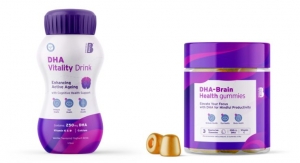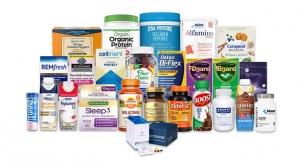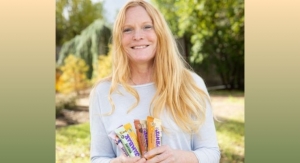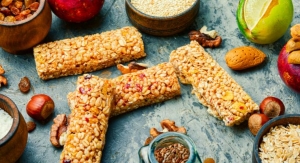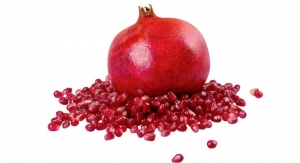12.01.14
According to a new report from New Nutrition Business, in 2014, breakfast cereal sales were down $300 million. Belvita breakfast biscuits were a chief beneficiary, with about $70 million diverted to this increasingly popular breakfast offering that provides “nutritious steady energy” in convenient whole grain wafers.
Belvita is just one of the new convenience breakfast offerings wooing consumers away from more conventional breakfast products. “Breakfast has become one of the most fought-over battlegrounds in food and health, a battle fuelled by consumers’ need for easy and quick meals in the morning—and by two massively successful disruptive innovations, Belvita’s breakfast biscuit and Up & Go’s liquid breakfast,” said Julian Mellentin, director of New Nutrition Business and author of the new report “The snackification of breakfast: How changing consumer habits are creating new opportunities.”
The report outlined how breakfast around the world, from Asia to America, is being “snackified” as time-pressed consumers are turning away from the breakfast table and toward an on-the-go breakfast—or even skipping the meal altogether.
For example, 66% of professional workers surveyed in Asia by New Nutrition Business ate breakfast away from home three or more times in a two-week period, and 20% consumed breakfast away from home every single day. A study of 500 young Americans found that 27% skipped breakfast, and of those who did not, 25% ate breakfast away from home.
These changing habits can lead to numerous opportunities across a variety of food categories, according to New Nutrition Business.
“Every type of food or beverage company, in every category, either is looking at what they can do to get their own slice of the breakfast market or is in the process of launching or building up products,” said Mr. Mellentin. “And what the successes so far—including Belvita, Up & Go, and Quaker’s single-serve oat pot Oat So Simple—have in common is a focus on the five factors that add up to success in the changing breakfast category.”
He added, “By delivering on the five factors, Oat So Simple has gone from niche to mass despite super-premium pricing of over 950% compared to other breakfast oats.”
The big successes so far, illustrated by five case studies in the report, show that any company with ambitions in breakfast should not rule out any new product idea because it is too unfamiliar to consumers or too innovative.
Belvita is just one of the new convenience breakfast offerings wooing consumers away from more conventional breakfast products. “Breakfast has become one of the most fought-over battlegrounds in food and health, a battle fuelled by consumers’ need for easy and quick meals in the morning—and by two massively successful disruptive innovations, Belvita’s breakfast biscuit and Up & Go’s liquid breakfast,” said Julian Mellentin, director of New Nutrition Business and author of the new report “The snackification of breakfast: How changing consumer habits are creating new opportunities.”
The report outlined how breakfast around the world, from Asia to America, is being “snackified” as time-pressed consumers are turning away from the breakfast table and toward an on-the-go breakfast—or even skipping the meal altogether.
For example, 66% of professional workers surveyed in Asia by New Nutrition Business ate breakfast away from home three or more times in a two-week period, and 20% consumed breakfast away from home every single day. A study of 500 young Americans found that 27% skipped breakfast, and of those who did not, 25% ate breakfast away from home.
These changing habits can lead to numerous opportunities across a variety of food categories, according to New Nutrition Business.
“Every type of food or beverage company, in every category, either is looking at what they can do to get their own slice of the breakfast market or is in the process of launching or building up products,” said Mr. Mellentin. “And what the successes so far—including Belvita, Up & Go, and Quaker’s single-serve oat pot Oat So Simple—have in common is a focus on the five factors that add up to success in the changing breakfast category.”
He added, “By delivering on the five factors, Oat So Simple has gone from niche to mass despite super-premium pricing of over 950% compared to other breakfast oats.”
The big successes so far, illustrated by five case studies in the report, show that any company with ambitions in breakfast should not rule out any new product idea because it is too unfamiliar to consumers or too innovative.



